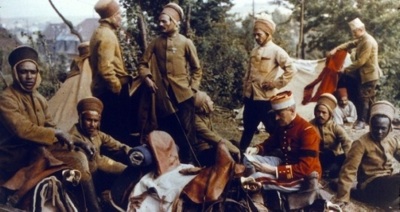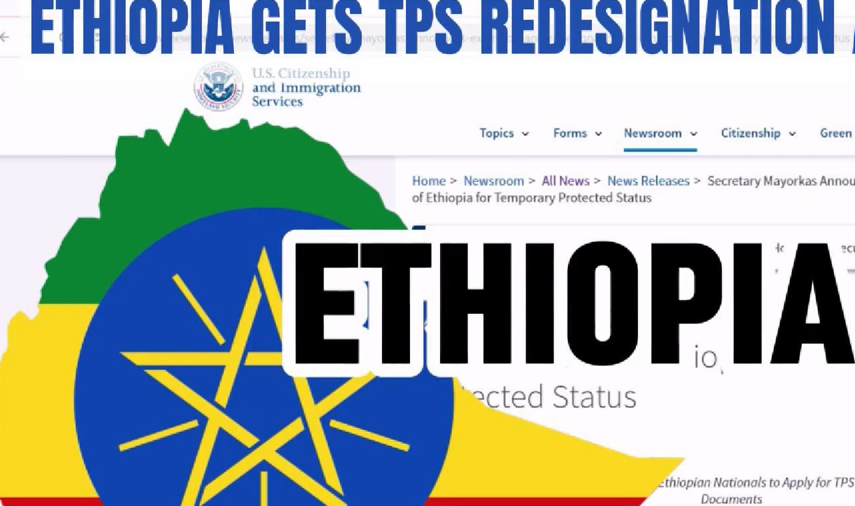Empire….
In the run-up to the Iraq War, a number pundits and politicians in the US and the UK took issue with France, one of the western countries that chose not to indulge in the folly.
Boycotts were called for and french fries temporarily became “freedom fries”, at least in the three cafeterias serving the American Congress. Oddly, the Canadian, German and Belgian governments, who were also opposed to the war, came in for less criticism (although certain commentators did lump them together with France in what they called the “Axis of Weasel”).
One of the main complaints voiced by critics of the war, including many in France, was that it was being fought as much for oil as it was to free the Iraqi people from the clutches of Saddam Hussein. The many French citizens who took to the streets to protest the war sincerely believed this, the French government was somewhat cynical, considering the country’s long history of resource extraction and colonialism from North America to Asia.
The history of the company now called Total is quite instructive to an understanding of France’s foreign policy in nearby Africa, itself driven for more than half a century by a French oil company, Elf Aquitane It’s a record of corrupt dealings, which seem to have accelerated under former President Francois Mitterand in the late 80s and early 90s, involving dictatorial regimes, most of them in former colonies like Algeria, Gabon and Cameroon. The ensuing scandal showed that there was a long running back and forth between proponents of a long-term policy called “Francafrique” and African elites, the latter enriching themselves at the expense of their own people.
When some of these shady dealings were revealed in 1994 (including payoffs to political campaigns in France) something somewhat unique happened: Elf was taken over by the much smaller company, TotalFina, eventually settling on its current name. Although several high-level executives received fines and jail terms, the sins of at least two generations of French and African elites practically disappeared from the record.
It’s More Monopoly than Chess
Today, France literally runs on nuclear power,:80% of its electricity is produced in this way. Another, mostly government-owned French company, Areva, has huge interests in resource-rich West Africa, especially in Niger, which supplies more than 30% of the country’s uranium. When the French government under newly installed President Hollande intervened in neighboring Mali in early 2013 (itself destabilized after a previous administration helped instigate an even more disastrous intervention in its northern neighbor, Libya) the country’s energy interests in the region were ignored by mainstream media and the world was sold yet another story of a purely humanitarian intervention against the spreading cancer of Islamist terrorism.
Little mentioned in western media accounts of France’s intervention in Mali was that the Islamist takeover of the north of that country followed a rebellion by its long-suffering Tuareg population. Somewhat like the Kurds in the Middle East, the Tuaregs, who are an even larger minority in France’s main uranium supplier Niger, are a stateless people who have been badly treated by European colonizers, African elites and Islamists alike over the years.
To allay any concerns about resurgent neo-colonialism, French diplomats have worked hard at the UN (where the country holds a permanent seat on the Security Council) and with the African Union (AU) to promote a humanitarian view of their military actions in former colonies. The country has been fairly successful at doing this in the Central African Republic (CAR), another former colony that has seen an ongoing intervention in recent years spearheaded by the French.
The CAR has a complicated history of coups and conflict. The most recent was between mostly Muslim rebels and foreign mercenaries called Seleka, who took over the country in 2012, and Christian militias who opposed to them. Needless to say, all parties to the conflict have blood on their hands. Unsurprisingly, the CAR also has many largely untapped resources including timber, uranium and diamonds.
New Entrants, But the Game Remains the Same
As in the past, a large part of what’s heating up a new scramble for control of Africa are its resources. While the US seems focused on keeping its clients in the region stable and projecting military power through its recently established AFRICOM and SOCAFRICA (special forces) commands, there is a relatively new player that is using more of what might be called a soft power approach throughout the continent and offering African leaders another option in terms of patronage: the People’s Republic of China.
While China has shown great interest in Africa’s mineral wealth, it has also made huge investments in infrastructure and developed long-term business interests. They have been joined in this on a smaller scale by the other BRICS countries (Brazil, India, Russia and South Africa, the latter stepping up as a regional power). Some western commentators have criticized the Chinese for turning a blind eye to human rights abuses and, while this is almost certainly true; it is also the height of hypocrisy. The western media routinely ignore similar abuses in countries their elites have ties to, making it hard to credit them when they call out others for a similar lack of morality.
The French Empire once promised its subjects that if they were willing to give up their cultures and traditions they would become French themselves, with all the accompanying benefits. Many believed it and some even traveled to the mother country to be a part of this greater French culture. The majority met thinly veiled racism at best, many of them and their increasingly disgruntled children and grandchildren now live in the ghettos that ring major French cities.
There seems to be no amount of human suffering and destruction that can’t be excused when undertaken by western countries who are always deemed to have good intentions, while those opposed to them are tarred as savages at best and pure evil at worst. The United States is far from the only country in the world that sees itself as “exceptional”, France and other former colonial powers have had this point of view for centuries and, judging by their continued interventions in former colonies, it’s doubtful this will change anytime soon.
Due to limitations of both the author and space, this view of French colonialism in Africa is superficial at best, for a more thorough analysis, check out the first part of this excellent documentary by Al Jazeera, available in full on Youtube
Please see NationofChange












